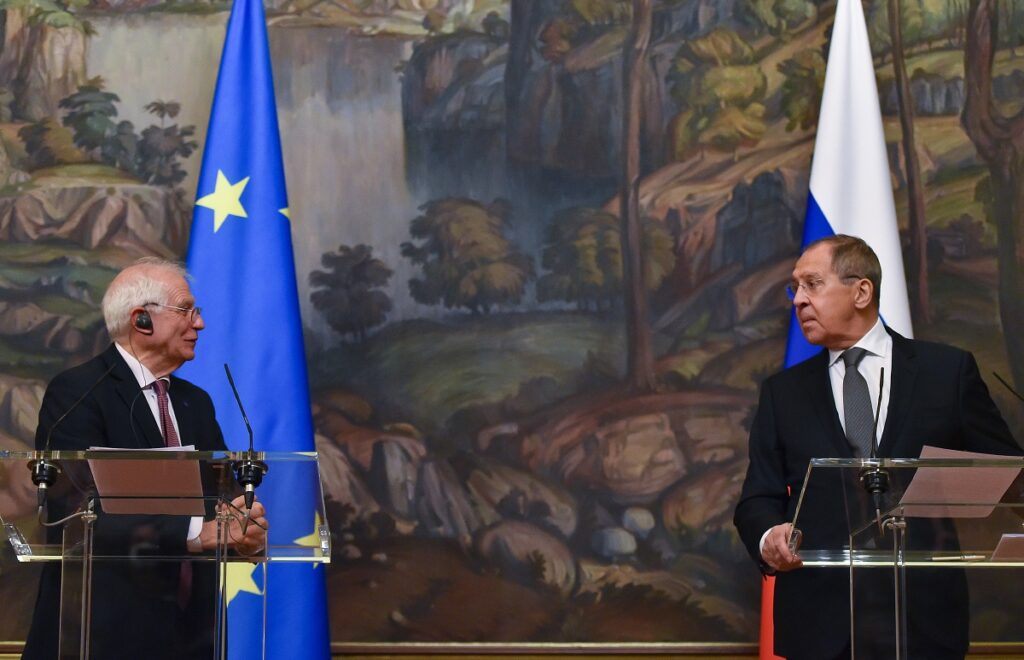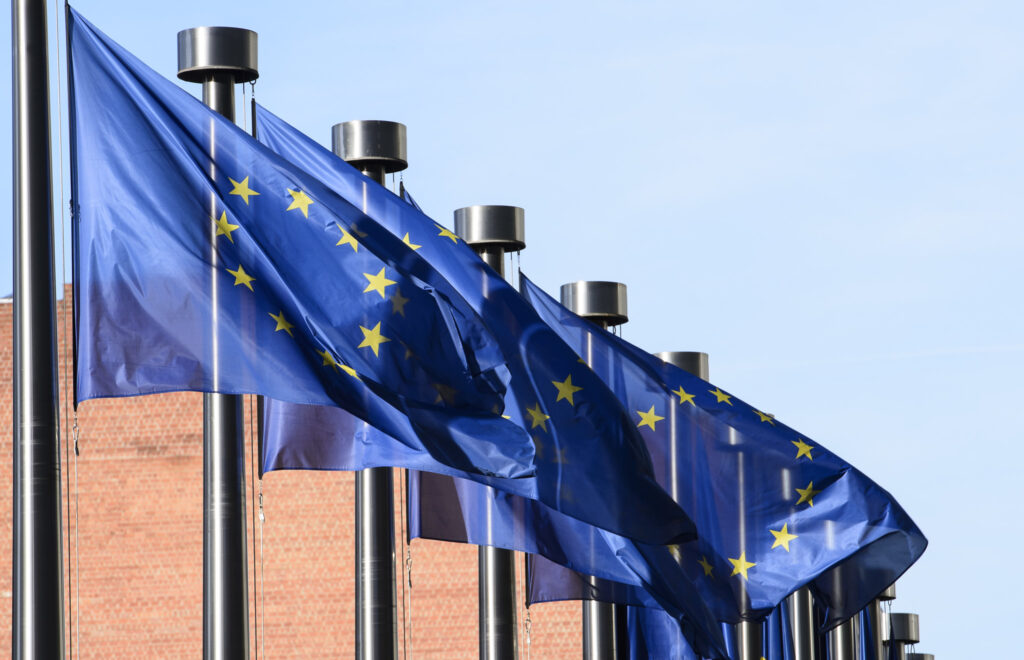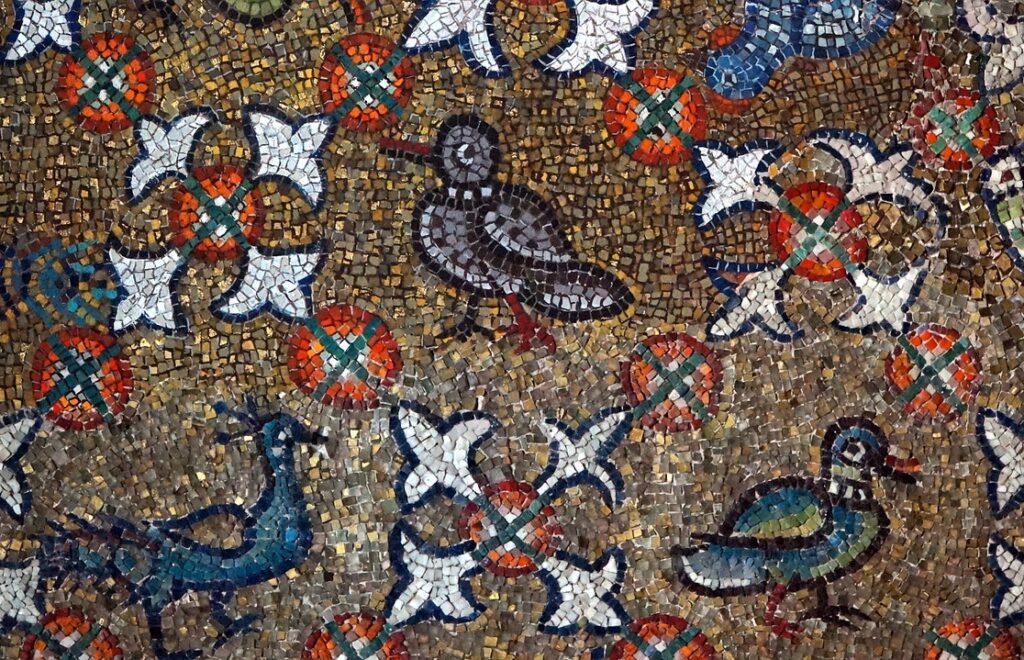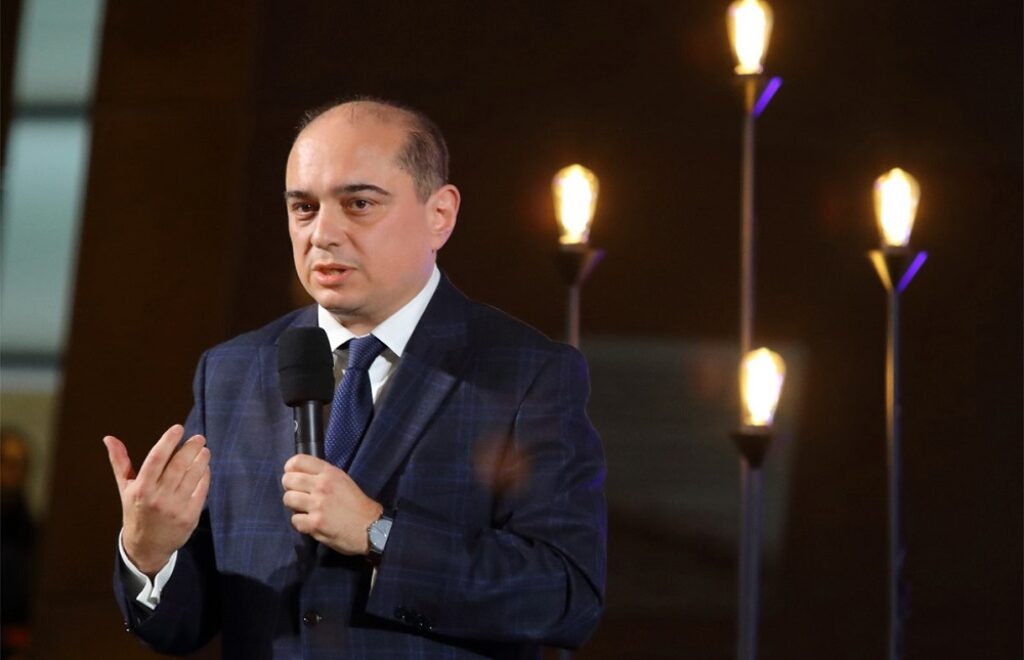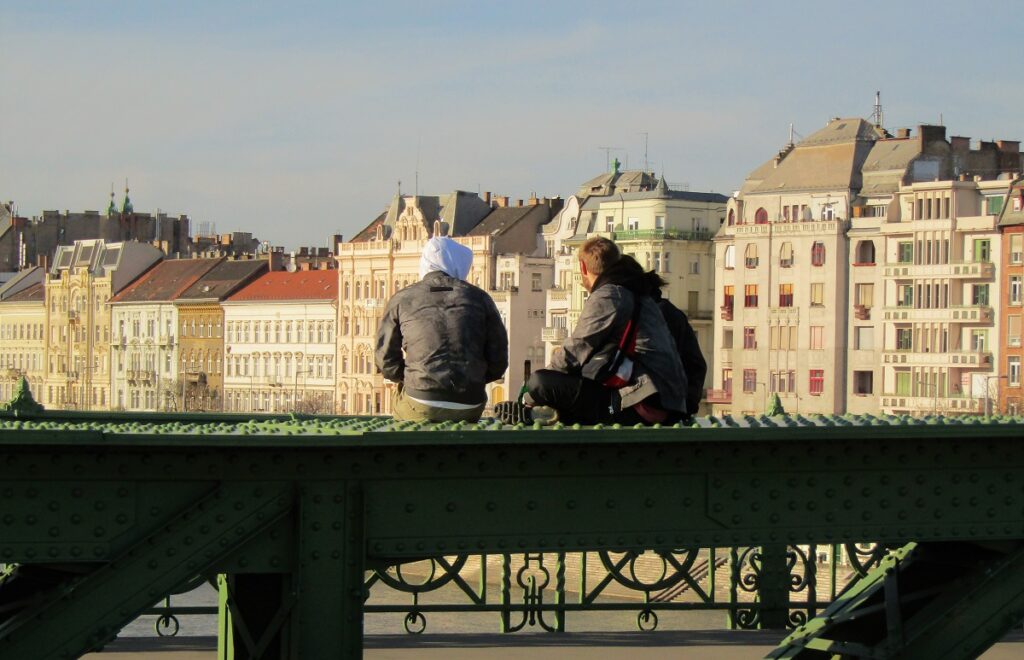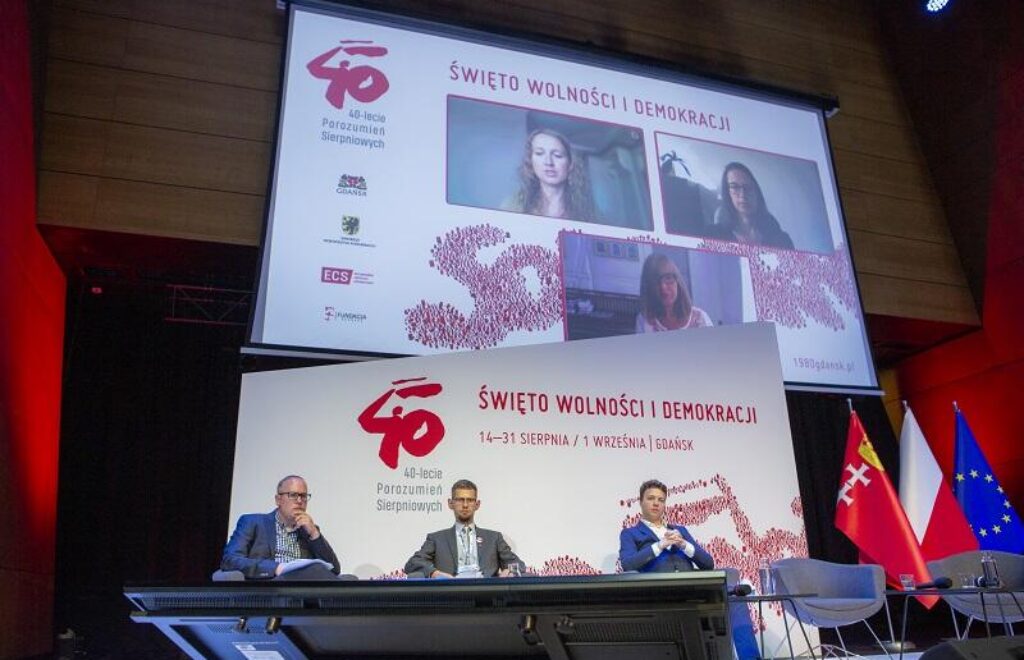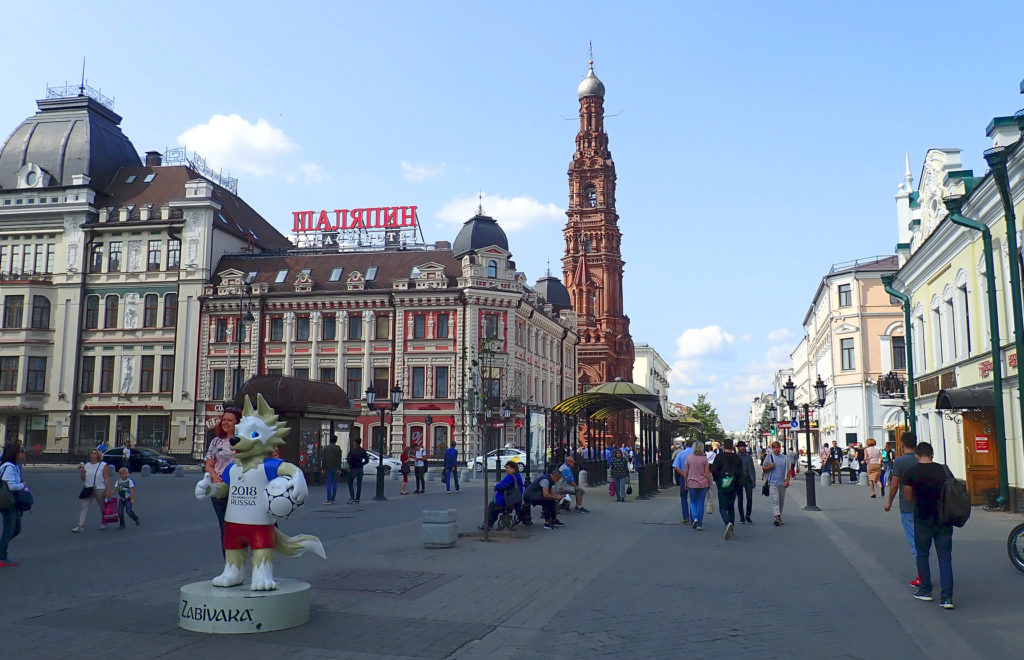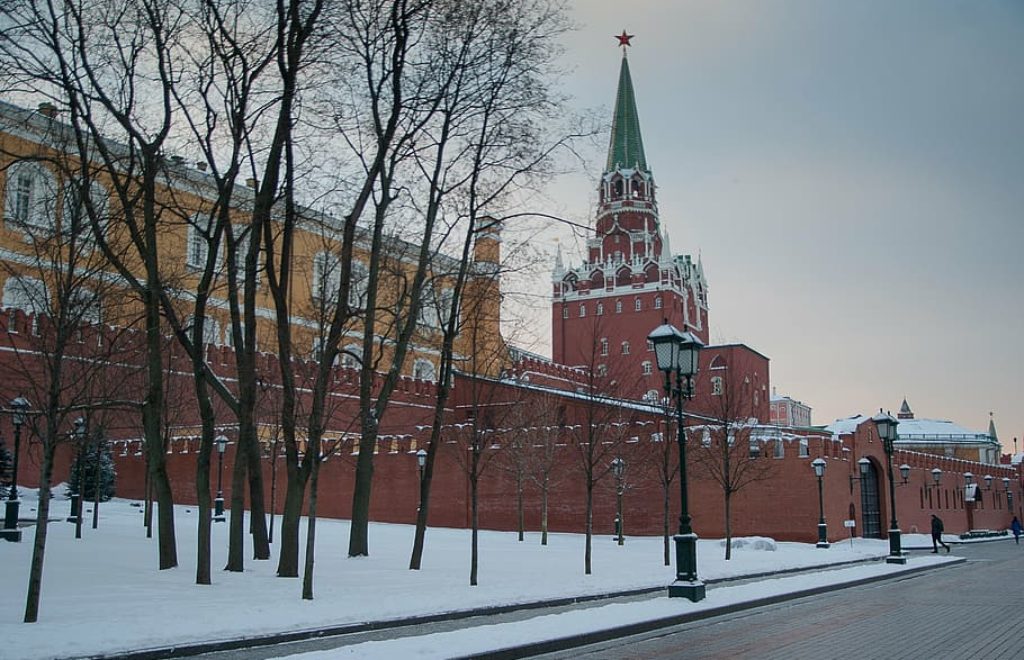How should the EU deal with Russia after Navalny’s poisoning?
When the Russian oppositionist Alexei Navalny released the video “Putin’s palace” in January 2021, upon his return to Russia from Germany after being poisoned with a military-grade substance called Novichok in August 2020, the showdown began. No doubt, Navalny and his political organisation have always been a thorn in the Russian regime’s side. Yet the stakes have risen since investigative journalists revealed the details of the poisoning as being carried out by Russian intelligence agents. Since then the “Berlin patient” seems to have been elevated to public enemy number one by the Russian ruling regime.
June 23, 2021 - Alexandra Dienes


